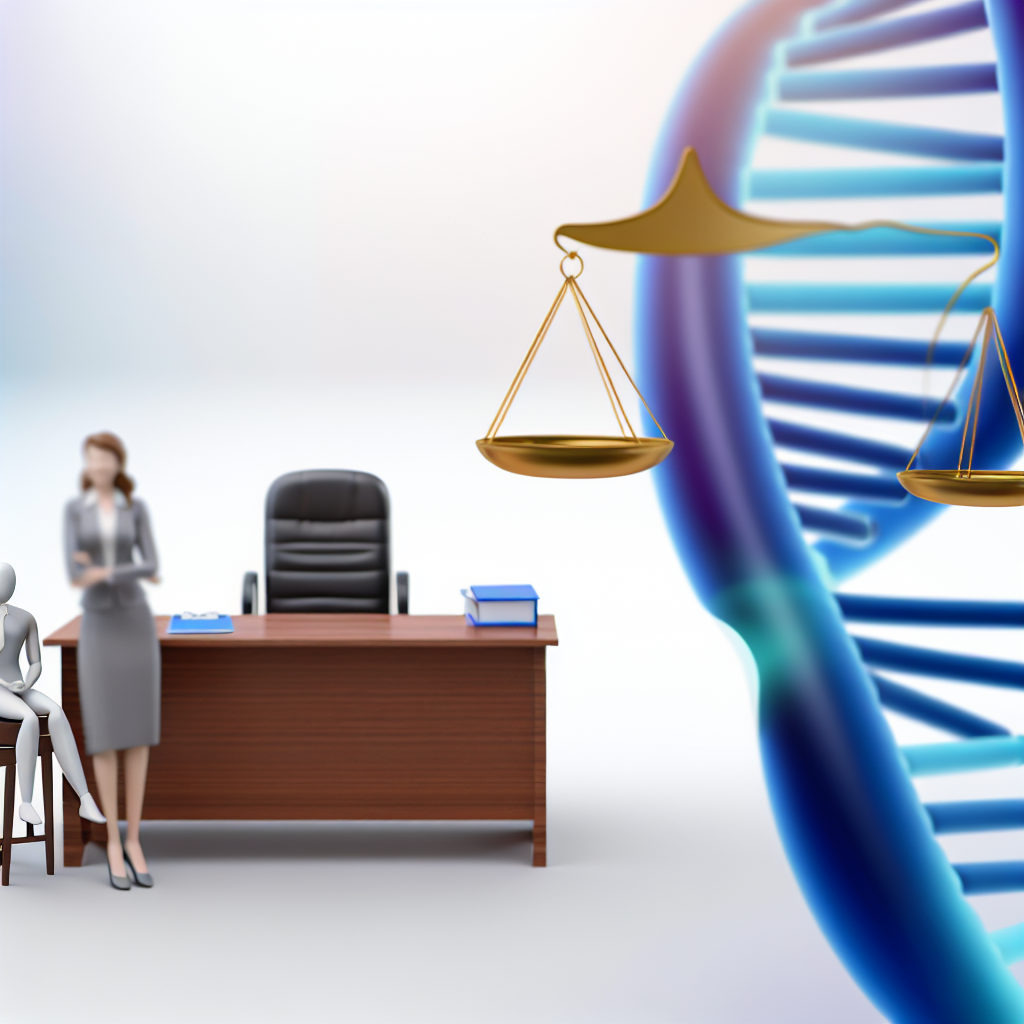
Ethical Issues in Genetic Testing and Counseling
Introduction to Ethical Issues in Genetic Testing and Counseling
Genetic testing and counseling are rapidly transforming healthcare, presenting innovative pathways for diagnosis, prevention, and treatment of various conditions. However, as this technology progresses, it poses significant ethical challenges. This article explores the ethical issues surrounding genetic testing and counseling, emphasizing the importance of ethics and compliance in navigating these complexities. At The Consultant Global, we are committed to guiding businesses in the GCC and UAE through these multifaceted challenges, providing expert advice tailored to diverse cultural contexts.
The Landscape of Genetic Testing
Genetic testing involves analyzing DNA to identify genetic disorders or predispositions to specific diseases. Its applications range from understanding hereditary conditions to informing treatment decisions. As technology advances, tests have become more accessible and affordable, raising ethical implications in their use.
The Role of Genetic Counseling
Genetic counseling is a crucial component of the genetic testing process. It provides individuals and families with information, support, and guidance regarding genetic risks and implications. Counselors assist clients in understanding test results and making informed decisions, emphasizing the ethical responsibility to respect autonomy and facilitate decision-making.
Key Ethical Challenges in Genetic Testing
1. Informed Consent
Obtaining informed consent is a foundational ethical principle in healthcare. In genetic testing, it encompasses thorough discussions about what the test involves, the potential outcomes, and the implications of those outcomes. Ethical concerns arise when:
- Patients do not fully understand the information provided.
- The potential for incidental findings—unexpected results that may provoke additional medical implications—is not appropriately communicated.
As compliance experts, we stress the importance of ensuring that clients understand the limits and meanings of their test results, empowering them to make informed choices about their health.
2. Privacy and Confidentiality
Genetic information is sensitive and personal; thus, maintaining privacy is paramount. Ethical issues emerge about data storage, sharing, and the right to know or not know genetic risks. Violating confidentiality can lead to discrimination in employment or insurance, which emphasizes the necessity for robust compliance mechanisms in healthcare practices.
Organizations must establish protocols that safeguard genetic data and respect individuals’ rights to privacy. At The Consultant Global, we provide guidance on creating comprehensive privacy policies that align with local regulations and best practices.
3. Discrimination and Stigmatization
Genetic testing may inadvertently lead to discrimination, particularly when results indicate potential health risks. This is particularly relevant in employment and insurance contexts, where individuals might face prejudice based on their genetic predispositions. The ethical concerns surrounding this issue call for comprehensive policies that protect individuals from discrimination, ensuring fair treatment regardless of genetic information.
Challenges in Genetic Counseling
1. Cultural Sensitivity
Counseling practices must acknowledge and respect cultural beliefs and values about genetics. In diverse environments like the GCC and UAE, cultural sensitivity is crucial for effective communication. Ethical counseling involves integrating cultural competence into practice, ensuring that clients from various backgrounds feel respected and understood.
At The Consultant Global, our multicultural experience positions us uniquely to foster an environment of inclusivity and respect, catering to diverse populations in genetic counseling settings.
2. Emotional Psychological Impact
The implications of genetic testing can evoke significant emotional responses. Clients might experience anxiety, distress, or feelings of hopelessness upon receiving results that show a predisposition to diseases. Ethical counseling should address these psychological aspects, ensuring that clients receive appropriate support to navigate their emotions while making informed decisions.
Legal and Regulatory Framework
In the U.S. and U.K., several regulations govern genetic testing and counseling. Laws such as the Genetic Information Nondiscrimination Act (GINA) in the U.S. protect individuals from discrimination based on genetic information. Similarly, the UK has regulations like the Data Protection Act that enforce strict guidelines on handling personal data, including genetic information. It is essential for organizations to comply with these laws to mitigate legal risks and ensure ethical practices.
At The Consultant Global, we provide advisory services that help organizations navigate this complex regulatory landscape, ensuring compliance while promoting ethical behavior in genetic testing and counseling practices.
Best Practices for Ethical Genetic Testing and Counseling
1. Establish Comprehensive Policies
Organizations should develop clear policies that address informed consent, privacy, confidentiality, and anti-discrimination. These policies should be regularly reviewed and updated to reflect changes in laws and ethical standards.
2. Enhance Education and Training
Continuous education for genetic counselors, healthcare professionals, and staff is vital to ensure they are equipped to handle ethical dilemmas effectively. Training programs should focus on ethical decision-making, cultural competence, and communication skills.
3. Foster Open Communication
Encouraging an open dialogue between patients and healthcare providers is essential for building trust. Genetic counselors should foster a supportive environment that empowers clients to express concerns and ask questions, ensuring they fully understand their options.
4. Facilitate Multi-Disciplinary Collaboration
Collaboration among geneticists, counselors, and other healthcare professionals encourages a comprehensive approach to ethics in genetic testing. This multidisciplinary approach can lead to better decision-making and enhance patient care.
Conclusion
As genetic testing and counseling continue to evolve, ethical issues will remain a critical area of focus. Organizations must implement robust compliance strategies and ethical practices to navigate these challenges effectively. At The Consultant Global, we are dedicated to providing unparalleled consultancy services that empower businesses to address the complexities of genetic testing and counseling in culturally sensitive ways. Our extensive experience in diverse environments positions us as trusted advisors in the GCC and UAE, ensuring that our clients thrive while upholding the highest ethical standards.
Let us help you navigate the evolving landscape of genetic testing and counseling to ensure not only compliance but also a commitment to ethics that builds trust and enhances patient care. Together, we can make a difference.




Leave a Reply